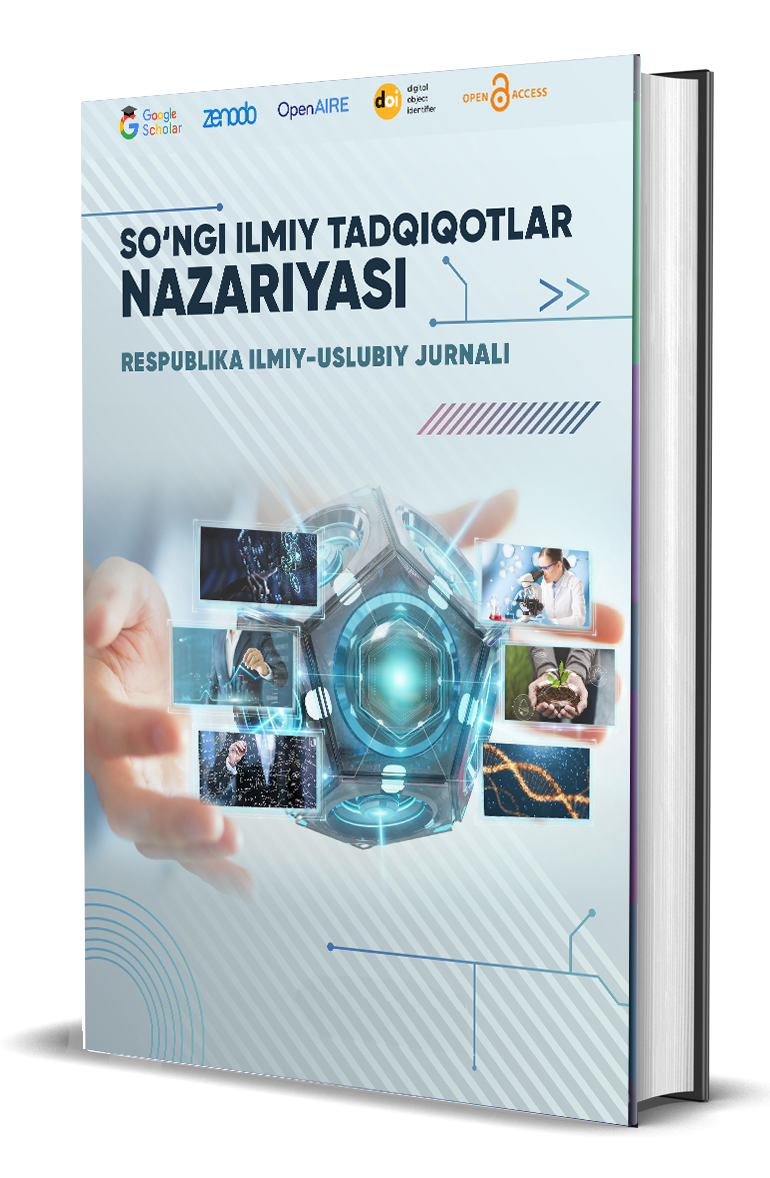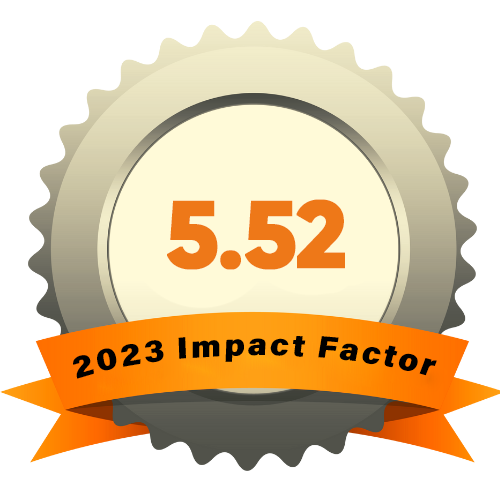STRENGTHENING READING COMPREHENSION IN LANGUAGE LEARNING WITH GAMIFICATION
Keywords:
Gamification, reading comprehension, language learning, educational games, interactive learning, motivationAbstract
Gamification, the integration of game elements and principles into non-game contexts, offers innovative opportunities to enhance reading comprehension in language learning. This article explores the use of gamification to improve reading skills by engaging learners in interactive and motivational game-based activities. It discusses theoretical foundations, benefits, practical implementation strategies, and case studies demonstrating the effectiveness of gamification in fostering reading proficiency and supporting language development.
References
Deterding, S., Dixon, D., Khaled, R., & Nacke, L. (2011). From game design elements to gamefulness: Defining "gamification". Proceedings of the 15th International Academic MindTrek Conference: Envisioning Future Media Environments (pp. 9-15). ACM.
Gee, J. P. (2003). What video games have to teach us about learning and literacy. Computers in Entertainment (CIE), 1(1), 20-20.
Hamari, J., Koivisto, J., & Sarsa, H. (2014). Does gamification work? -- A literature review of empirical studies on gamification. In 2014 47th Hawaii International Conference on System Sciences (pp. 3025-3034). IEEE.
Kapp, K. M. (2012). The gamification of learning and instruction: Game-based methods and strategies for training and education. John Wiley & Sons.
Miller, C., & Robertson, J. (2010). Motivation and mobile devices: Exploring the role of appropriation and coping strategies. Educational Psychology, 30(2), 243-259.
Plass, J. L., Homer, B. D., & Hayward, E. O. (2009). Design factors for educationally effective animations and simulations. Journal of Computing in Higher Education, 21(1), 31-61.
Steinkuehler, C., & Duncan, S. (2008). Scientific habits of mind in virtual worlds. Journal of Science Education and Technology, 17(6), 530-543.
Squire, K. (2006). From content to context: Videogames as designed experience. Educational Researcher, 35(8), 19-29.
Thomas, K., & Brown, J. S. (2011). A new culture of learning: Cultivating the imagination for a world of constant change. CreateSpace.
Werbach, K., & Hunter, D. (2012). For the win: How game thinking can revolutionize your business. Wharton Digital Press.












